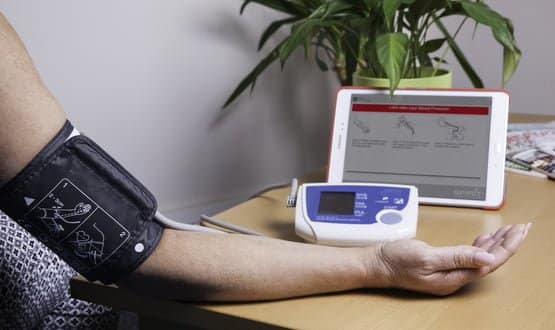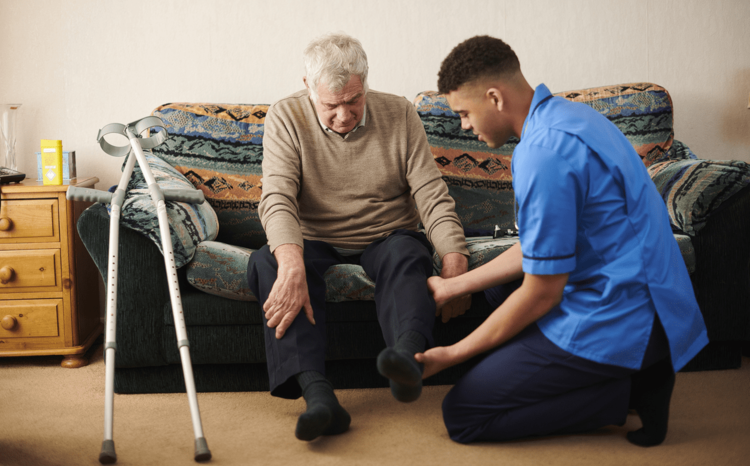‘Time running out’ for telecare services to go digital
- 12 November 2019

Vulnerable adults in social care may be left without emergency assistance if local authorities do not address the national switch-off of analogue phone lines, a new report has suggested.
Openreach and Virgin Media have indicated their intention to retire public switched telephone networks (PSTN), as well as services that are supported by PSTN such as integrated services digital networks (ISDN), by 2025.
This switch-off will affect all users of landline voice services, including telecare alarms, which rely on the technical characteristics and signalling of the PSTN technology.
The transition away from PSTN may mean that these services will need to be upgraded to internet technologies such as Voice over IP (VoIP) instead.
According to social security services provider Doro Care, around 900,000 telecare users in the UK could be affected by the switchover – a situation it says that many local authorities “are just not aware of.”
As a result, vulnerable adults might not get the emergency assistance they need if local authorities do not address the switch soon.
Wendy Darling, country director of Doro Care UK, said: “If service providers wait and don’t start installing digital units now, they simply won’t have the resource to complete the installs before 2025.”
According to Doro Care, there is a misconception among local authorities that analogue units will still work on digital telephony networks.
It cites data from technology enabled care services (TECS) provider Apello, which has already recorded a failure rate of 11.5% within its monitoring centre.
“The closer we get to the 2025 digital switchover date, the higher number of failed calls we’ll see. Swedish municipalities went through the same transition ten years ago and, tragically, they reported some fatal errors.”
Doro raises questions about the reliability of UK networks too, citing early trials of digital systems suing mobile networks some that were found to have limited connectivity in some areas.
This switch-off of PSTN is being driven by telecoms industry, specifically by the adoption of advanced broadband services, such as full fibre technology, by both providers and customers.
In the UK, communications regulator, Ofcom, is working with industry to ensure that the switchover occurs with minimal disruption to end users and to ensure that telecoms providers continue to meet regulatory requirements.
According to the Department for Digital, Culture, Media and Sport (DCMS), Ofcom is also liaising with affected industries, including the telecare industry, to ensure that they are aware of the upcoming changes and to prevent those reliant on PSTN, particularly vulnerable customers, from being migrated prematurely.
DMCS said that BT Openreach and Virgin Media have also established a digital services “lab” where special service providers, including suppliers of healthcare devices, test their equipment on new digital networks ahead of the switchover.






1 Comments
Older PSTN units tested at both the Virgin and BT test lab actually proves that some older technology will continue to work on the digital lines.
There are advantages to moving to digital but units are not just going to stop working. Alarm Response Centre software which is outdated and not fit for purpose is the reason for some failures but as new digital lines have been installed since 2016 this again proves equipment will not just stop working.
Comments are closed.